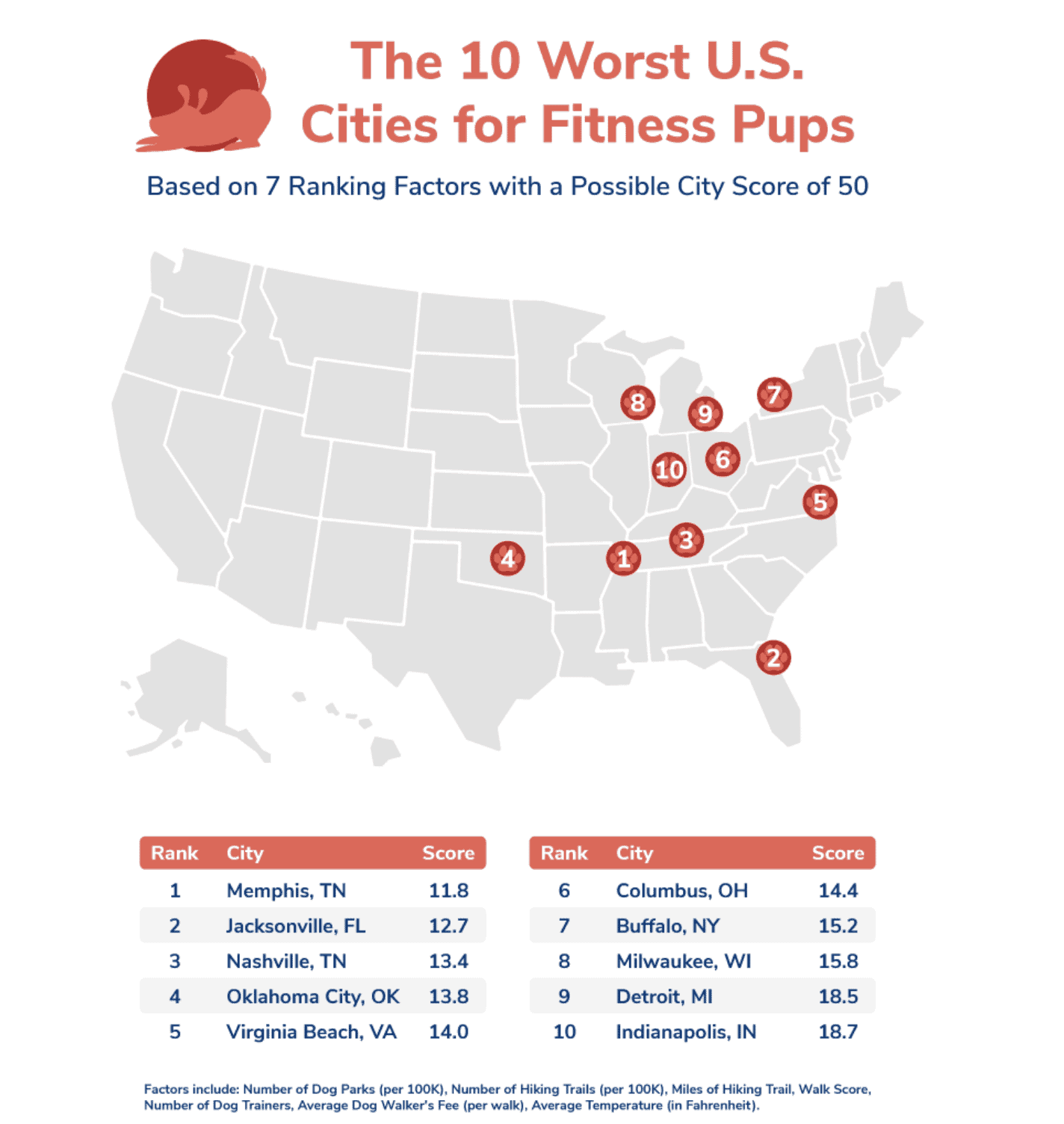This Dr. Axe content is medically reviewed or fact checked to ensure factually accurate information.
With strict editorial sourcing guidelines, we only link to academic research institutions, reputable media sites and, when research is available, medically peer-reviewed studies. Note that the numbers in parentheses (1, 2, etc.) are clickable links to these studies.
The information in our articles is NOT intended to replace a one-on-one relationship with a qualified health care professional and is not intended as medical advice.
This article is based on scientific evidence, written by experts and fact checked by our trained editorial staff. Note that the numbers in parentheses (1, 2, etc.) are clickable links to medically peer-reviewed studies.
Our team includes licensed nutritionists and dietitians, certified health education specialists, as well as certified strength and conditioning specialists, personal trainers and corrective exercise specialists. Our team aims to be not only thorough with its research, but also objective and unbiased.
The information in our articles is NOT intended to replace a one-on-one relationship with a qualified health care professional and is not intended as medical advice.
The 20 Best Cities for Dogs, Plus Places That Need to Do Better
February 15, 2022

You’ve probably heard about the healthiest cities for humans, but what about the best cities for dogs — particularly when it comes to the fitness of our four-legged friends? OneVet, a pet clinic company that offers 24/7 access to veterinarians, recently analyzed metropolitan areas and gauged them on their dog-friendly infrastructure and access to things that keep our pups healthy and strong.
Best Cities for Dogs
To crunch the numbers, analysts looked at the 50 cities with the largest populations in the United States. They rated the cities on dog-friendly factors, including the following, to come up with the most dog-friendly cities:
- Number of dog parks
- Number of hiking trails
- Total miles of hiking trails
- Pet walkability
- Number of dog trainers
- Average dog walker’s fee
- Average temperature
St. Louis hits the top spot among best cities for dogs thanks in large part to its high availability of trails and other high scores for making dog walks more accessible.

Source: OneVet
On the flip side, many cities can do better when it comes to walkability and nature trails that improve the health of both dogs and humans. According to OneVet’s calculations, these 10 cities scored the lowest in dog-friendly factors:
- Memphis, TN
- Jacksonville, FL
- Nashville, TN
- Oklahoma City, OK
- Virginia Beach, VA
- Columbus, OH
- Buffalo, NY
- Milwaukee, WI
- Detroit, MI
- Indianapolis, IN

Source: OneVet
Benefits of Owning a Dog
No matter where you live, the benefits of owning a pet are well-documented. Of course, it’s important to make sure it’s a good fit for you and that you’re in a financial, physical and mental space to be a solid pet owner.
Looking at dogs specifically, ownership can not only increase a person’s quality of life, but it could help save it. That’s especially true for those living alone, according to 2019 research touted by the American Heart Association.
That makes sense, since we know loneliness can be as damaging to one’s health as smoking. The benefits of dog ownership include…
- A 33 percent lower risk of death for heart attack survivors living alone compared to non-owners; it’s 15 percent lower for people living with a partner or child
- A 27 percent lower risk of death for stroke survivors living alone and 12 percent lower for those living with a partner or child (when compared to those who don’t own a dog)
- A 24 percent lower risk of premature death, in general
- A 31 percent lower risk of heart attack or stroke-related death compared to non-dog-owners
“Having a dog was associated with increased physical exercise, lower blood pressure levels and better cholesterol profile in previous reports,” said Caroline Kramer, MD, Ph.D, assistant professor of medicine at the University of Toronto. “As such, the findings that people who owned dogs lived longer and their risk for cardiovascular death was also lower are somewhat expected.”
Other studies show owning a dog includes benefits like:
- Increased physical activity and a heightened sense of community, so much so that it supports healthy aging
- Greater likelihood of hitting 150 or more minutes of neighborhood-based recreational walking compared to those who don’t own a dog
- Lower risk of death in people who received implantable defibrillator two years after having a heart attack
- Lower risk of death one year after discharge in people admitted to the hospital for an acute coronary syndrome event
Tips for Owning a Dog in a City
No matter where you and your dog are spending time, it’s important make safety a top priority, but pets in the city do require some additional safeguarding. Here’s how to help avoid common urban hazards for dogs:
- Avoid hot pavement, or fit your dog for protective booties to avoid paw burns. (Climate change is creating brutal heat island effects in many cities.)
- Always keep your dog on a leash, unless that is not required in a safe and secure dog park.
- Make sure screens in high-rises are secure.
- Don’t drop your pet’s leash in the elevator. Getting it stuck in the door could prove fatal for the animal.
- Make sure your pet has access to clean drinking water when you’re out for walks.
Conclusion
- Owning a dog, no matter where you live, can help you live a longer life.
- OneVet recently released an analysis showing the 20 best cities for dogs. It ranked the top 50 most populous cities for fit dogs.
- Common safety tips are important to keep your dog safe in the city, including avoiding hot pavements and always having fresh water available.
- More cities can work toward more walkable infrastructure by adding green spaces and trails. This will also improve the health of people, too!











